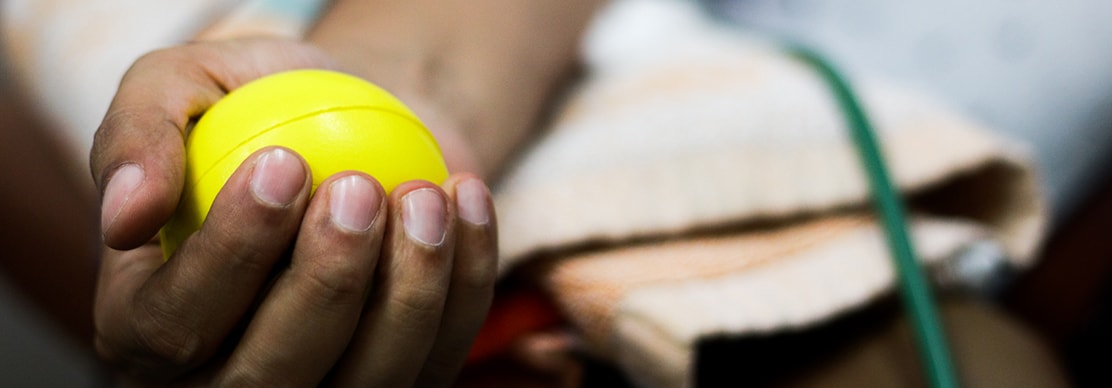Get Involved

People who are resilient and ready to care for their neighbors can have positive and even life-saving impacts on their neighbors and in their communities at large. Response training and exercises, donations, and volunteerism are just a few of the many ways that you can help yourself and others prepare for, respond to, and recover from an emergency. This section of Create Community includes ideas of how you can engage with and participate in your community.
The Basics
- Join your local Medical Reserve Corps (MRC) Unit or Community Emergency Response Team (CERT). Individuals who volunteer with a volunteer organization active in disasterexternal icon preparedness and response are 80 percent more likely to have an emergency kit and a plan than those who do not.
- Get to know your neighbors; especially, those who are elderly, live alone and/or with a disability or chronic disease, depend on home use medical devices, and/or may need help in an evacuation.
- Give blood. Blood donations save lives; in fact, just one can save up to 3 lives.
The Emergency System for Advance Registration of Volunteer Health Professionals (ESAR-VHP) is a federal program created to support states and territories. ESAR-VHP works with states to establish volunteer pre-registration programs for health professionals. The pre-registration and vetting process helps to prepare volunteers to serve at a moment’s notice, within their state or across state lines, to disasters and public health and medical emergencies. Contact your state or territorial health department to learn about volunteer opportunities where you live.